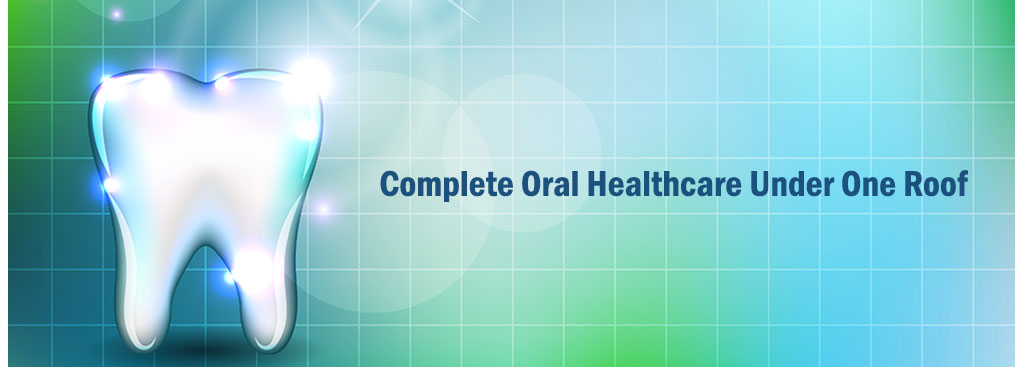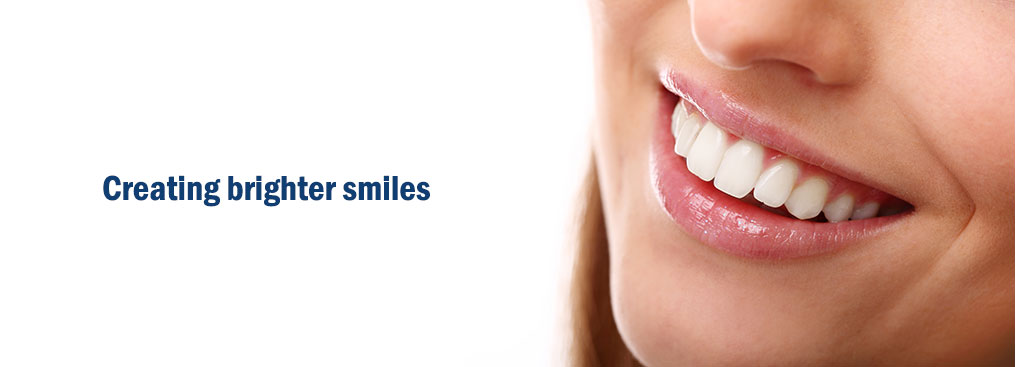Dental Health
Maintain overall good health
Having a healthy teeth and gums are just as important as having a physically healthy body. The easiest and cheapest way to maintain good oral health is by taking care of your teeth on a daily basis by brushing it twice a day with a fluoride toothpaste. Also, it there is a lot plaque build-up in your teeth you may be required to do interdental cleaning or flossing. A floss is a threat made out of plastic or nylon and is used to clean plaque and food residues between teeth. Dental tape also does performs a similar function and because it is thicker than dental floss many patients find it easy clean with tape.
Keeping good dietary habits and overall good health also help you achieve good oral health. Regular and sufficient exercise, not smoking, reducing sugar intake and abstaining from alcohol will enable you to have an overall good physical and oral health.
Be aware of your dental health and take prompt action
Another key aspect of good oral health is that you are aware of the changes that take place inside your month. Brushing teeth twice a day can make you aware of any tooth decay, discoloration or gum disease. Therefore, being able to closely monitor your teeth on a regular basis is an important factor in maintaining healthy teeth and gums. Also, it is advisable visit a dentist on a regular basis. Some recommend that we ought to visit a dentist every six months. The reason for this is that it is easy to treat problems if they are detected as early as possible; and if not treated in time things can get complicated and become harder to repair.
Brush your teeth twice a day
In order to maintain good oral health it is essential that you brush your teeth twice a day. It is advisable to brush your teeth before going to bed and any other time of the day. When brushing teeth be gentle with the toothbrush so that you do not apply too much pressure in teeth or gum. Also, it is sufficient to brush the teeth for two minutes and make sure you do not rinse the mouth immediately after brushing because the fluoride’s preventative effect will be washed away.
Toothpaste, brushes and mouthwash
It is recommended you use any toothpaste that contain at least 1,350 parts per million (ppm) fluoride. The key factor in toothpaste is to have the correct amount of concentration of fluoride and all brands carry the amount of fluoride in their packaging.
When choosing a toothbrush you may go for a manual or an electric toothbrush. The important aspect of brushing is that you need to brush all parts of your teeth including inside, outside and chewing surfaces to remove plaque and food residues. It is recommended to brush your teeth for two minutes with a fluoride toothpaste in order to make the brushing effective. You must supervise all children until they reach the age of seven when they are brushing teeth.
Mouthwash may not be used immediately after brushing teeth because it may wash away the fluoride concentration of the toothpaste. The best time to use a mouthwash is after having a meal but make sure you do not eat or drink for half an hour after you have washed your mouth with a fluoride mouthwash. Mouthwash can help prevent tooth decay, give stronger gums and prevent bad breath.


